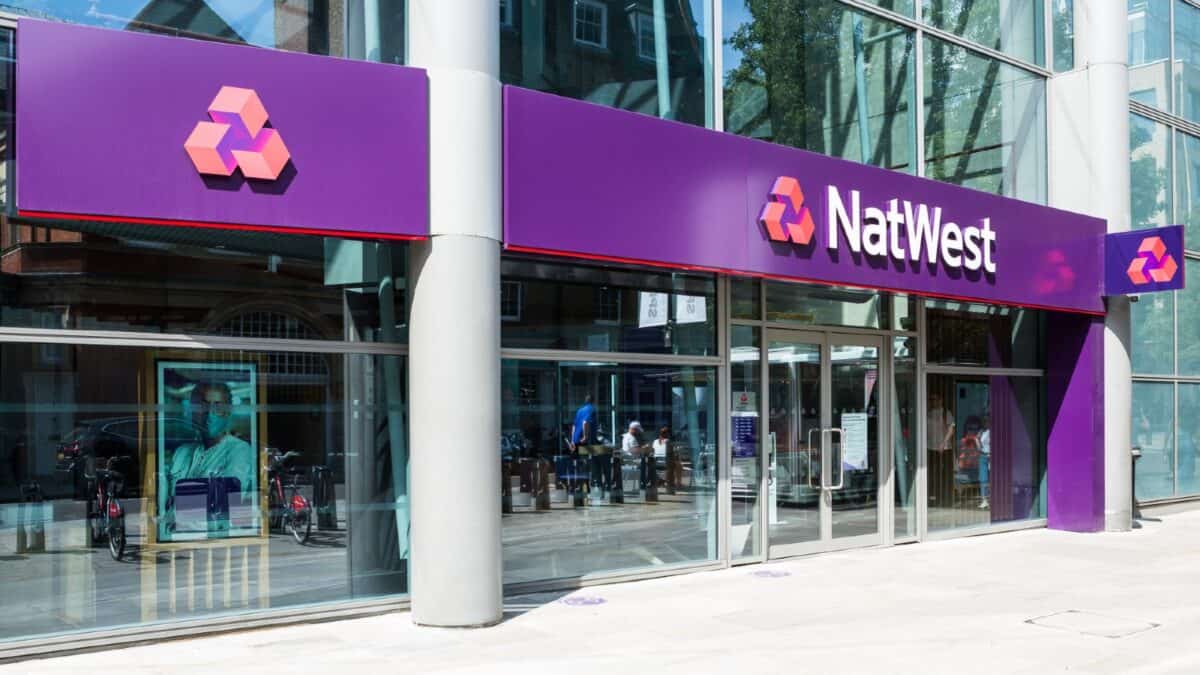Are UK bank shares bargains hiding in plain sight or potential value traps?
With many of the businesses trading on low price-to-earnings (P/E) ratios and offering juicy dividend yields (like the 6.2% of Lloyds and 5.9% of Barclays), this could potentially be a cheap moment to scoop up such shares.
On the other hand, there are growing signs around the potential for bank earnings to fall in the next few years. That could potentially hurt their value.
Passive income stocks: our picks
Do you like the idea of dividend income?
The prospect of investing in a company just once, then sitting back and watching as it potentially pays a dividend out over and over?
If you’re excited by the thought of regular passive income payments, as well as the potential for significant growth on your initial investment…
Then we think you’ll want to see this report inside Motley Fool Share Advisor — ‘5 Essential Stocks For Passive Income Seekers’.
What’s more, today we’re giving away one of these stock picks, absolutely free!
This week has seen several banks release trading updates that contained some unsettling hints about the direction of business.
So, how could I decide whether or not I ought to add bank shares to my portfolio at this time?
How to value banking stocks
When a share looks cheap but might not be, how can it be valued?
Although many UK bank shares are trading on low P/E ratios – Barclays is selling for under four times earnings, for example – a more common way to value shares in the sector is price-to-book value. On that basis too, many British banks look cheap at current valuations.
The challenge is that such metrics use backwards-looking data. But if there is an economic decline that reduces loan repayment rates, for example, both earnings and book values could fall. If loan defaults rise sharply, earnings could fall dramatically.
So, whether bank shares really are the bargain they may seem to be at the moment depends on what happens to the financial performance of the businesses in coming years.
Weighing up some pros and cons
As an industry, the UK banking sector tends to move broadly one way or the other with little middle ground. That said, the big banks are not all the same. Natwest is heavily UK-focused, for example, while Barclays has a large investment banking operation, as well as a retail arm.
At a simple level, it is hard to imagine that any significant downturn in the health of the UK economy would not hurt earnings at the country’s big banks. The reverse is also true in my opinion. When the economy does well, it should be fairly easy for any competently run bank to make money.
Looking at recent trading updates, increased provisions for bad loans are a common theme. In Natwest’s third-quarter trading statement released today (27 October), for example, impairment losses for the first nine months were more than double their level in the same period last year. The bank said: “The economic outlook and consequent customer behaviours remain uncertain.”
On the other hand, banks remain solidly profitable and are broadly upbeat about their outlooks. Although provisions for bad loans are moving up quickly, they are within historical norms.
Potential opportunity but also risks
If those strengths continue, tucking bank shares into my portfolio now for the long term could be a smart move.
But my concern is that the economy is outside banks’ control and when it starts to struggle badly, so do banks.
I think bank shares look cheap because investors are nervous about that risk and what it means for profits. This week’s trading updates have contained multiple alarms about the likelihood of growing loan defaults. I am uncomfortable with that risk and for now have no plans to buy bank shares.








